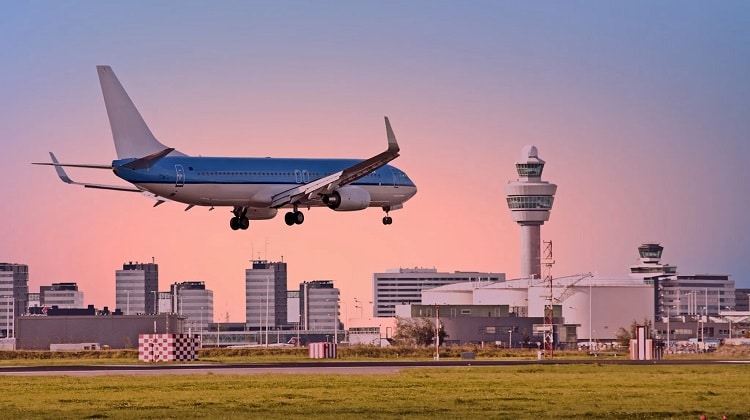
Today, the Supreme Court ruled that the decision of the Amsterdam Court of Appeal, which allowed the Dutch State to take two measures to reduce noise pollution from Schiphol, will not be upheld. According to European rules, these measures must follow a procedure of a balanced approach.
The government had decided to tighten the noise standards in order to better protect people living in the vicinity of Schiphol against noise pollution. To this end, two measures were announced. The first measure is the introduction of a temporary experimental scheme, which sets a maximum of 460,000 aircraft movements as a standard. The second measure means that the tolerance of violations would stop. In the meantime, a new legal regulation would be worked on.
Last year, judges ruled several times whether the government had acted correctly in reducing the maximum number of flights at Schiphol. In 2022, the previous government decided to introduce this measure to limit noise nuisance for local residents. Schiphol accepted this decision, but airlines and the aviation umbrella organisation IATA did not. They went to court. According to the aviation sector, the then Minister of Infrastructure Mark Harbers should not have taken this decision without applying the ‘balanced approach’.
Initially, the court ruled that the State should have followed the European rules. On appeal, the Court of Appeal ruled in favour of the government, because it was a temporary restriction on the number of flights. Now, however, the Supreme Court has ruled, after cassation by the aviation parties, that the State should have gone through those procedures better. This is also necessary for a temporary decision.